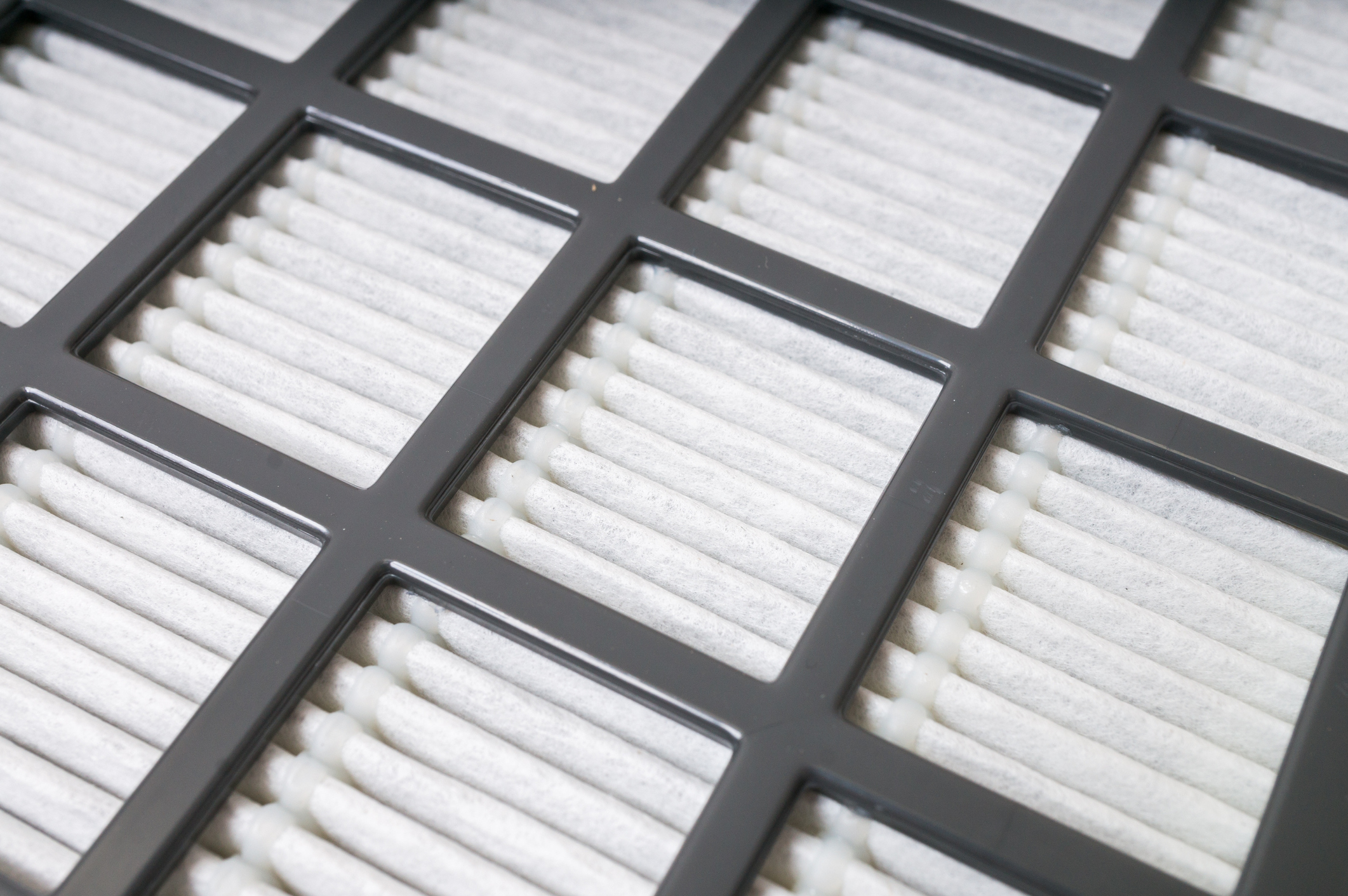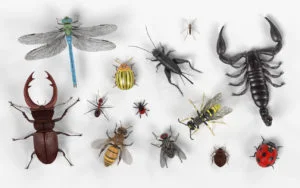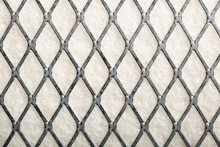The climbing temperatures of the summer create the need to feel that cold blast of air from your cranked-up air conditioner. It might surprise you, but this is the time to also think about furnace maintenance. Keep reading to discover why it's essential to have some summer furnace thoughts, even though you won't have to keep warm for a few months.
Changing Your Air Filters
Your filter-replacement schedule runs throughout the year. You should typically replace your furnace filter every three to six months. The regularity depends on factors such as the filter's Minimum Efficiency Reporting Value (MERV) and if you have indoor pets.
Did you know that the filter gets dirty even when you're not using the furnace? If the filter gets too dirty, it could cause your system to suffer long-term damage in addition to impairing its efficiency. A clean filter is necessary for maintaining energy efficiency.
The Pilot Light
If your furnace is 15 years old or older, it has a pilot light that stays lit 24/7. Considering how much the summer temperatures can take a toll on your energy bills, it makes sense to save a few dollars by switching off the pilot light. Doing this helps your air conditioner run efficiently. Don't forget to relight the pilot light when the next heating season arrives.
Your Furnace Gets Dirty
Your furnace, just like the filter, needs to be clean. After working hard to keep you comfortable during the winter, it's likely to have debris or dust on the exterior and interior components. If you don't clean the unit regularly, the debris may prevent it from running efficiently. It's always a good idea to contact a qualified contractor to carry out a safe cleaning process, especially when going from the winter to the summer.
Furnace Replacement
If you've been thinking of purchasing a new furnace, now is the perfect time. By not waiting until temperatures start dropping, you'll have ample time to do thorough research, consult professionals, and shop properly for the right replacement system.
Your summer furnace thoughts will go a long way toward preventing major problems when the cold weather returns. If you need help with furnace or AC maintenance, contact Air Assurance. Since 1985, we've been assisting Broken Arrow-area homeowners with their heating and cooling needs.




















